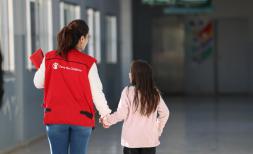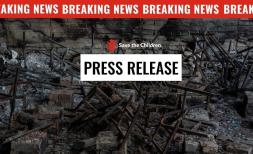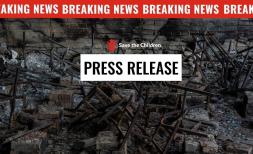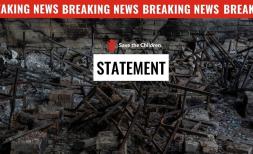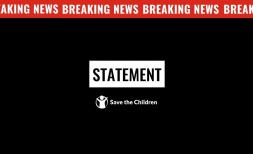Save the Children condemns the killing of humanitarian workers and children during intercommunal violence in South Sudan
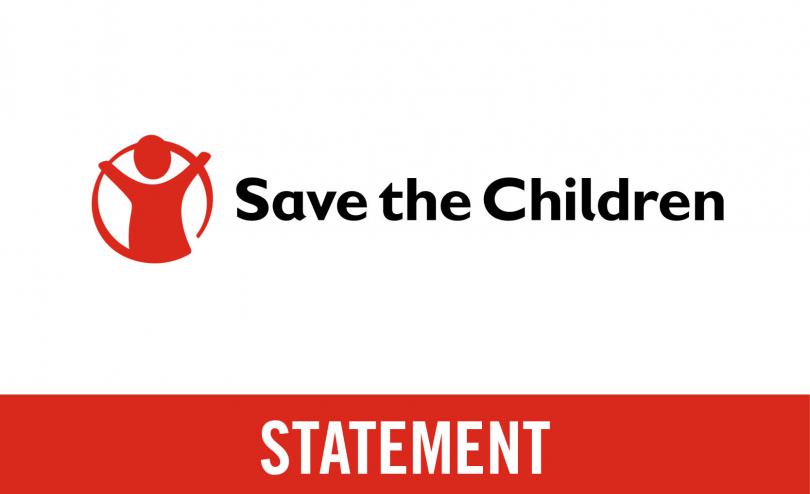
The below is a statement following intercommunal violence and the reported deaths of three humanitarian workers.
Rama Hansraj, Save the Children Country Director in South Sudan:
“We are appalled to hear of the latest wave of communal violence in Jonglei and Warrap states, with reports of hundreds being killed and injured, as well as children and their families being forced to flee their homes in terror. We are also alarmed to hear of reports of the abduction of children in Jonglei state, which sadly has happened in this area in the past. Children and their families in South Sudan have already seen too many disasters in their lives. Just last year, they were struggling through some of the most devastating floods to ever hit their communities. They are currently battling COVID-19 and an ongoing food crisis. Now, hundreds of them have lost their lives, are grieving, or are homeless and in need of support.
“We are deeply saddened at the reported deaths of three humanitarian workers in this violence. Humanitarian workers put their lives on the line in the service of children and families in South Sudan. It is unacceptable they were killed while rendering humanitarian assistance to the vulnerable communities. We call on the government of South Sudan to take all necessary actions to protect humanitarian workers in the country.
“Save the Children calls for all parties to this conflict to respect civilian lives and bring an end to fighting, killings and destroying of homes.
“We call on the government of South Sudan, the United Nations and the African Union to take action to bring an end to communal violence in Jonglei and Warrap states and the armed conflict in Eastern and Central Equatoria so that lives of South Sudanese children who are suffering from violence can be spared. There needs to be a deterrent to those responsible from continuing attacks against civilians, including children, and to be held accountable under South Sudanese and applicable regional and international laws.”
